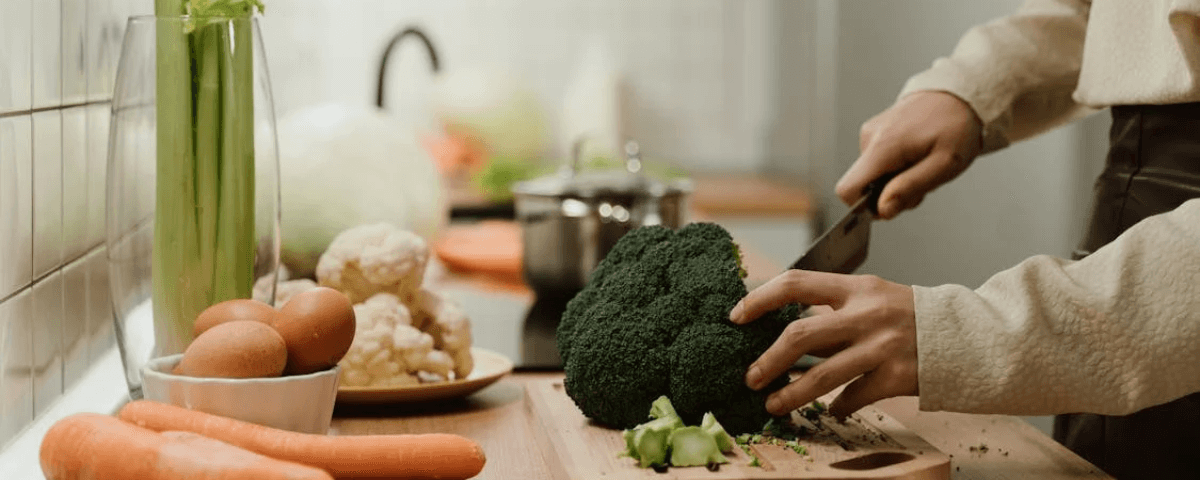When it comes to Muscle building, the first thing that comes to our mind is meat, eggs, and protein shakes. In terms of protein, we see a large variety of options in animal-based food. However, these days Plant-based protein sources have become increasingly popular. Due to ethical beliefs, environmental concerns, and health reasons, many people are turning to plant-based diets.
According to recent Market Research, 60% of the households in the US consume plant-based food with an 80% repeat purchase rate in the recent year in all categories. By the year 2022, almost 40% of consumers purchased dairy-free milk with a 75% increase in repeat customers.
There are also some common myths such as plant-based proteins are incomplete, you can’t build muscle on plant-based food, and Plant-based proteins are not as bioavailable. If you are a vegan or trying to adapt to a vegan diet you have come to the right place. We are going to discuss the variety of vegan options and break some of the common myths about plant-based protein.
Table of Contents
Adapting Plant-Based Protein for Optimal Health
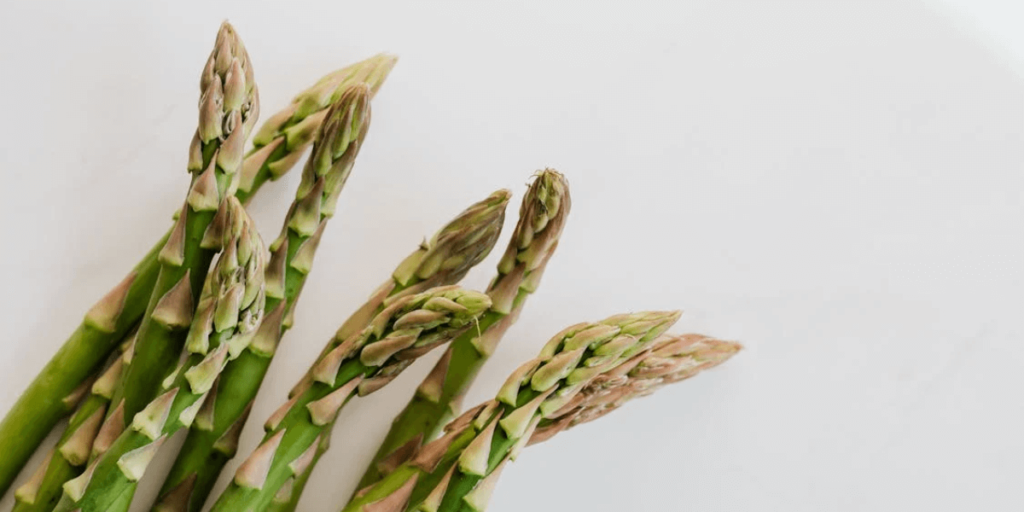
When we think about adopting a vegan diet, the most common things that come to our mind are salads and vegetables. The ultimate source for nutrition and weight loss sorcery. But can it provide sufficient protein as our body requires? Surprisingly, plant-based protein has a lot of benefits than just being a source of protein. Here are a few points to notice –
1. Saturated Fat and Cholesterol Control
Plant-based proteins are generally low in saturated fat and contain no cholesterol, contributing to better health. Wherein Animal-based proteins are often high in saturated fat and cholesterol increasing the risk of heart disease.
According to the Physician’s Committee, consumption of Soy has been found to reduce both total LDL cholesterol. Cholesterol-lowering foods such as oats, beans, and soy contain soluble fiber which traps cholesterol in the intestine and carries it out with the waste.
2. Fibre Content
Plant-based proteins are well known for their high fiber content which supports digestive health, weight management, and lower risk of chronic disease. However, animal-based protein contains no fiber.
3. Provided Nutrient
Plant-based proteins are often high in nutrients such as vitamins, minerals, iron, and omega-3 fatty acids, whereas animal-based proteins can lack nutrients limiting to only nutrient supplements such as vitamin B12 and iron.
4. Inflammatory Response
Animal-based food such as red meat, and processed meat can often increase inflammation resulting often to risk of cancer. Plant-based protein due to its high content of antioxidants and nutrients lowers inflammation.
Exploring Best Sources of Plants-Based Protein
Some of the major plant-based proteins are soy and potato, which are considered to be the complete protein source as they consist of all the essential amino acids in accurate proportions. However, the list is not limited to these two. Let’s explore the best plant-based protein sources in more detail:-
Beans and Legumes
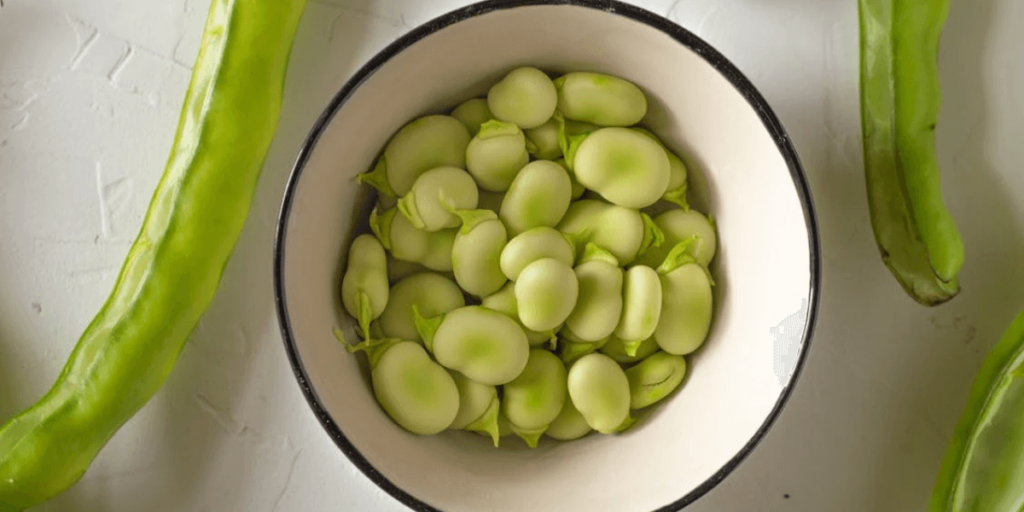
Beans and Legumes are the best examples of plant-based foods with adequate protein content. You can consume beans and legumes directly by adding them to your salads or blending them into salad dressings, sauces, or dips.
- Peas: Legumes are the best source of plant-based protein, and peas are no exception. One cup of peas roughly has 7.9g of protein, compared to 8.23g in reduced-fat milk.
- Beans: Beans are available in various types, such as white, black, and heirloom. However, one common thing is that all of these varieties have high amounts of protein. For instance, two cups of red kidney beans contain 28g of protein, which is far more than 3 cups of cow milk (24.7g).
- Chickpeas: Also referred to as garbanzo beans, chickpeas are a versatile source of plant-based protein. It consists of around 7.3g of protein in one-half of the cup and also has high fiber content and low calories. You can eat them over-roasted, toss them into salads and salted as a crispy snack, or puree them into hummus, roasted and tossed into salads.
- Black-eyed peas: These are the hearty members of the pulse family, including lentils, chickpeas, beans, and peas. One cup of black-eyed peas comprises 12 g of protein. Moreover, it is also rich in fiber, vitamins A, magnesium, calcium, potassium, zinc, and iron.
Soya Products
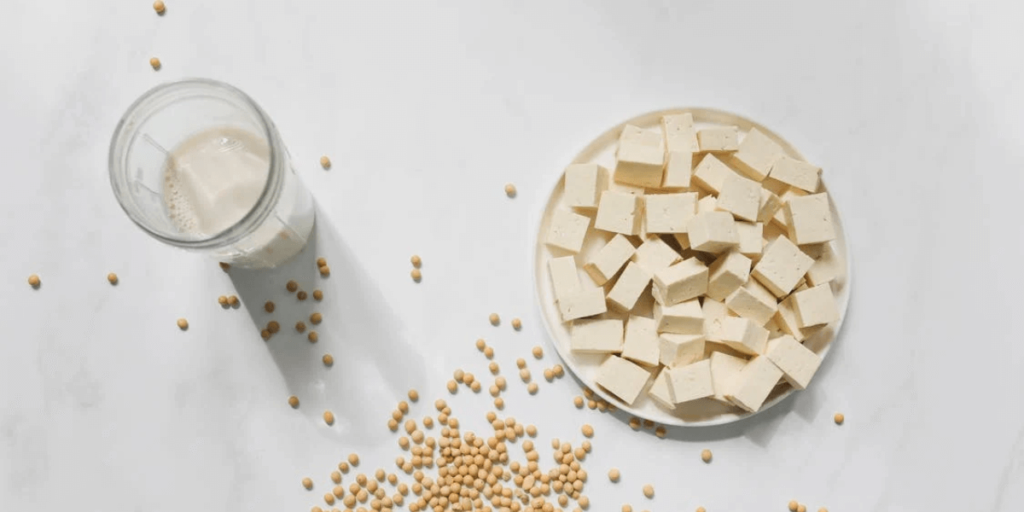
Here, we have provided you with a list of great sources of soya products that you can use as an alternative to chicken, red meat, or fish.
- Tofu and Tempeh: Soybean foods are some of the best food sources for plant-based protein. Tofu consists of 21.8g of protein, and Tempeh consists of 16.9 g per half serving. These products can be eaten cooked as well as raw as salad.
- Edamame: Packed with essential nutrients, Edamame is also known as a powerhouse of protein. It contains 9g of protein per 2/3 cup and can be served hot or cold with salt. Apart from being a good source of protein, it also contains dietary fiber, vitamins, and minerals.
Nuts and Seeds
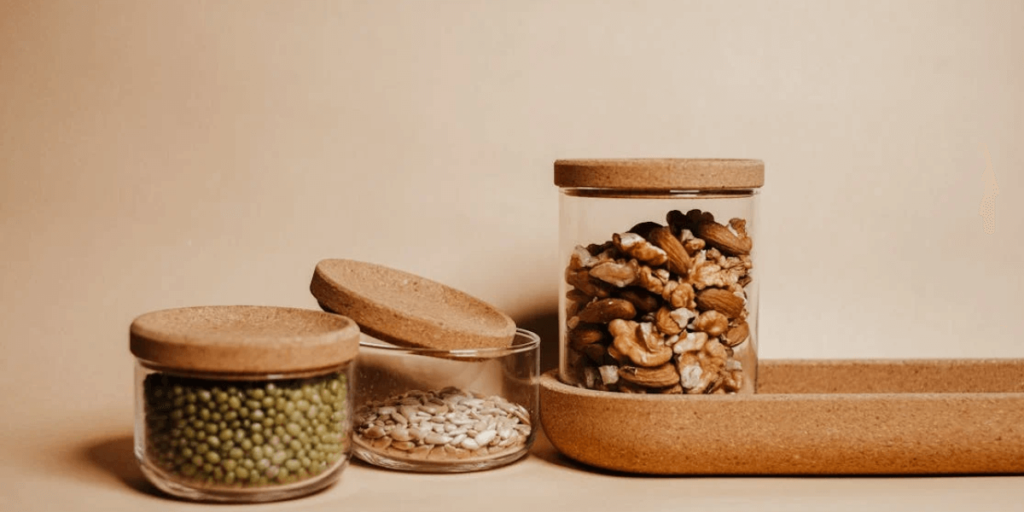
Nuts and seeds are excellent plant-based protein sources that are easy to make. Nut butter can also be consumed on sandwiches or as a dip.
- Nuts and Nut Butter: All nuts contain healthy fats and protein, making them a prominent source of plant-based diet. For instance, whole raw almonds contain 5g of protein per ounce, unsalted cashews have around 4.2 g, and unsalted pistachios without shells have around 5.78g.
- Hemp Seeds: Hemp seeds are widely mixed in some cereals, or you can buy them and add them to smoothies, baked goods, or pesto. It provides you with around 9.5g of protein per three tablespoons.
- Chia Seeds: These are another high-protein source, with 3.5g of protein per ounce. You can sprinkle chia seeds over salads, drink them with juices, add them to oatmeal or yogurt, or blend them into smoothies.
Vegetables
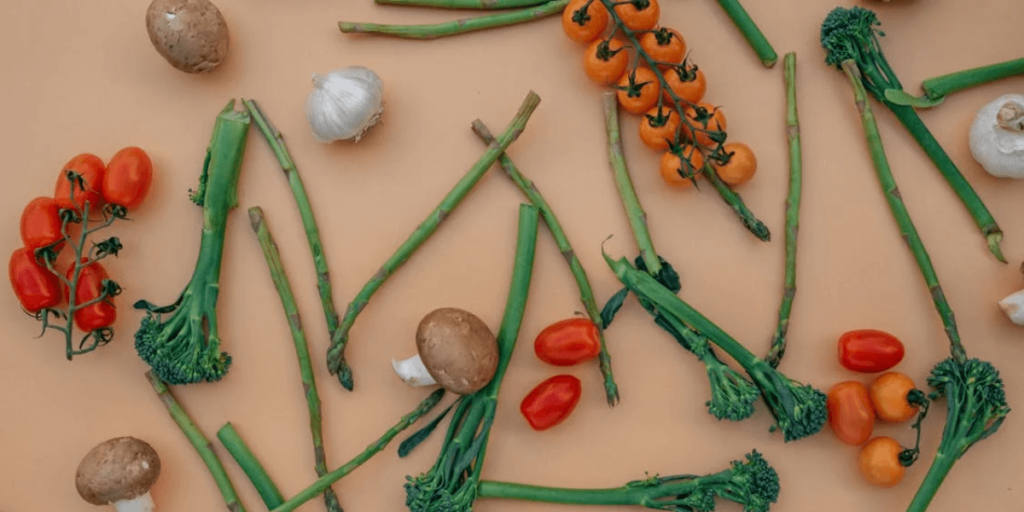
Vegetables are one of the most nutrient-rich foods. These listed vegetables are rich in nutrients as well as protein.
- Green Peas: Out of all vegetables, green pea surprisingly contains 9g of protein per cup which is more protein than an egg, making it one of the most protein-rich vegetables. Green peas can be accompanied by daily salad, can be eaten as a side dish, and also a great breakfast.
- Spinach: Spinach is considered to be a powerhouse of nutrients including several vitamins and protein. Containing about 5g protein per cup, spinach is beneficial for bone health and eye health.
- Broccoli: Broccoli is packed with several vitamins, fiber, potassium, and antioxidants. A cup of Broccoli contains about 4g of protein. Studies show that due to its high sulforaphane content broccoli has potential cancer-fighting properties.
Protein-Rich Fruits
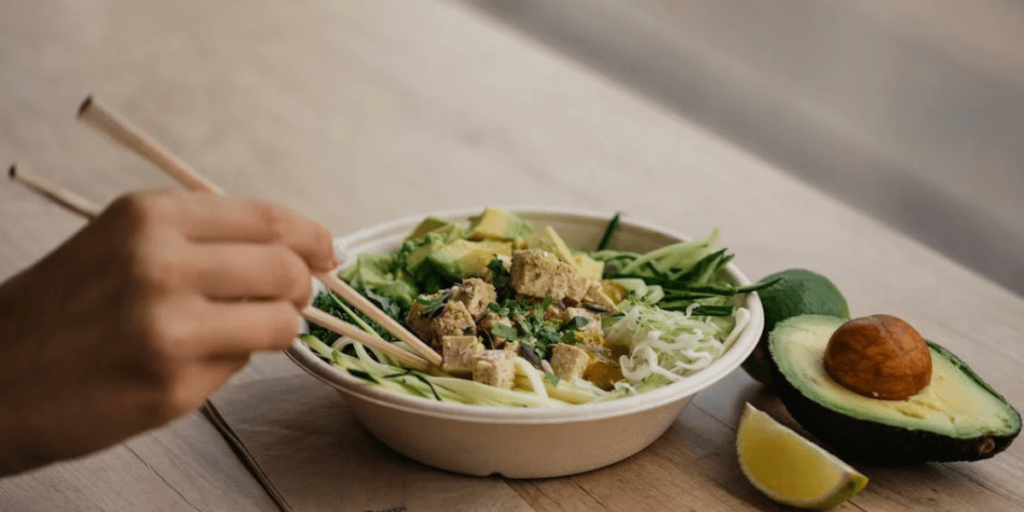
While Fruits are generally known for their vitamin, mineral, and fiber content, some fruits also provide a decent amount of protein.
- Avocado: Avocados are known for their high fiber, healthy fat, vitamins, and minerals. A medium-sized avocado of 150g contains about 3gm protein. Avocados can be enjoyed on toast, salad, smoothies and dips.
- Guava: Guava contains a high amount of vitamin C. A raw common guava contains about 4.2 gm of protein. Guava can be enjoyed fresh and raw as a snack or dessert or can be blended into juice full of nutrients and vitamins.
Making Plant-based Protein Taste Good
Not everyone can develop a taste for plant-based protein food. And when we are on the topic of discussing plant-based protein, let’s also find out how to get our boring taste buds spiked up.
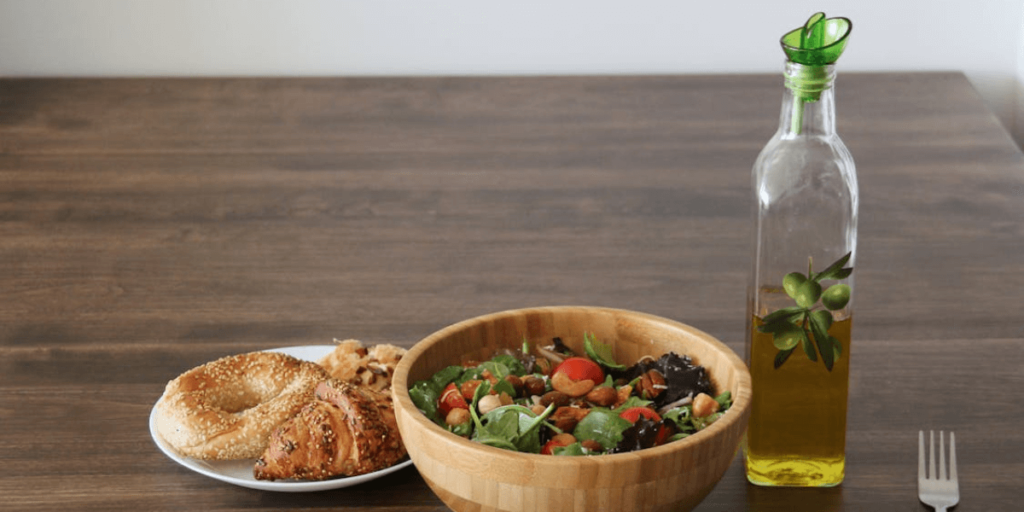
Marinades and Spices
You can marinate tofu and tempeh with olive oil, ginger, garlic, or your favorite herbs for 30 minutes before cooking to get the best flavor out of it. Spices like cumin, paprika, chili powder, curry powder, or coriander can double the taste of your food or salad.
Pairing with Vegies and Herbs
Cooking can be most interesting when experimented with. Pairing up your food with bell pepper, onion, and garlic can enhance the natural sweetness of your food. Similarly, fresh herbs like basils, parsley, and cilantro can freshen up your meal. You can check out The best nutrient-rich foods for maximum energy for some veggie ideas.
Sauces and Dressing
Sauces can be a great taste changer for your food such as noodles, rice, and pasta. Sauces like soy sauce mixed with ginger, garlic, and lime juice can be the perfect dressing you are looking for.
Wrapping Up
It is clear that plenty of vegetarian food can provide us with the right amount of protein competing with animal-based food. With just the right amount of experiments, the taste can be increased twice as much in plant-based protein. For easier meal prepping and to save time you can look for some Best ideas on How to Meal-Prep.
Not only can plant-based protein provide necessary nutrients for muscle growth but it can also give so many health benefits, including improved digestion, lower risk of chronic disease, and increased energy level.
Honestly, several foods, herbs, and spices can be experimented with to make it the tastiest. You can enjoy delicious and satisfying food while getting the protein requirements filled. Tell us in the comment section what food you will be trying next.
